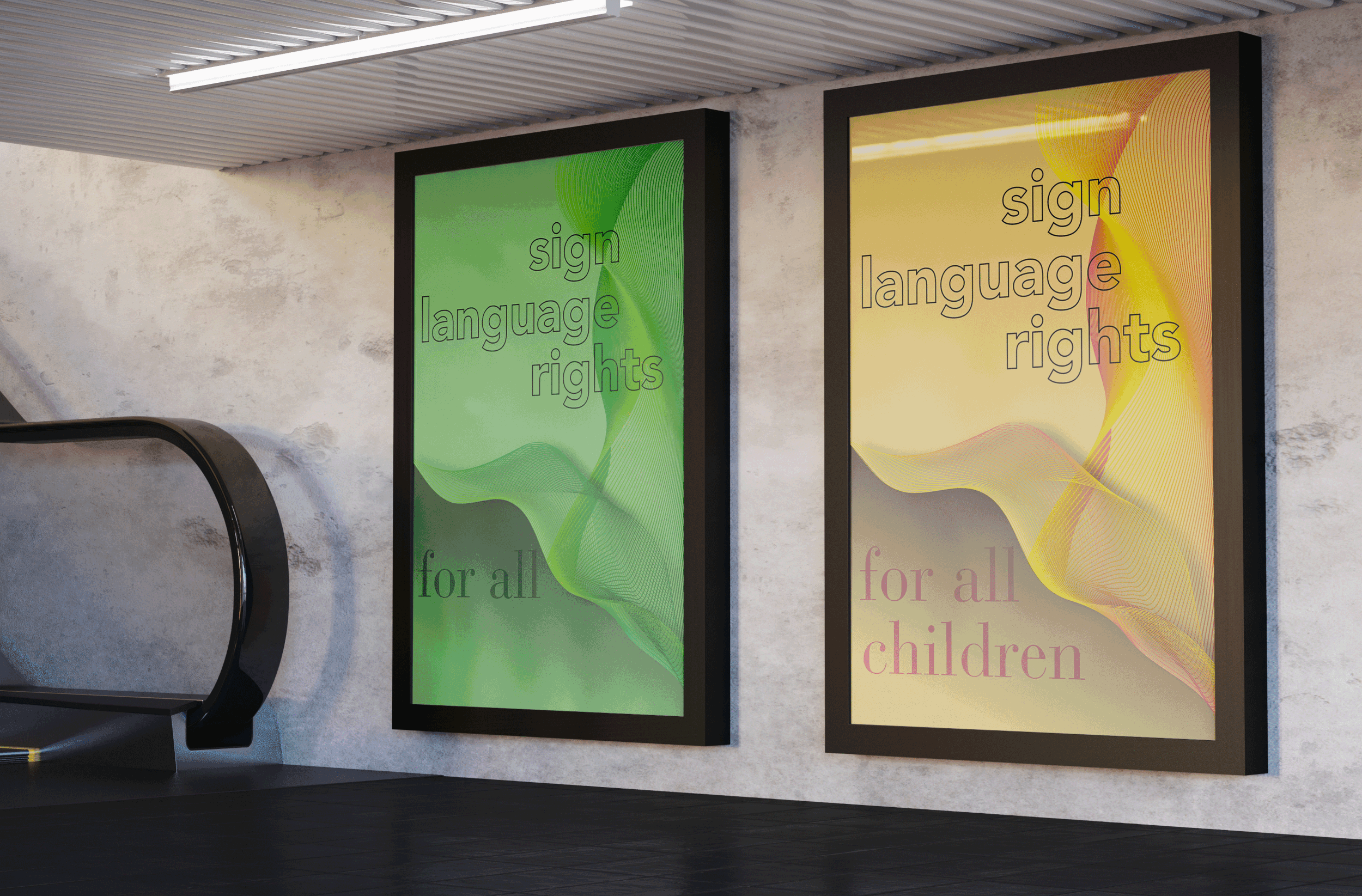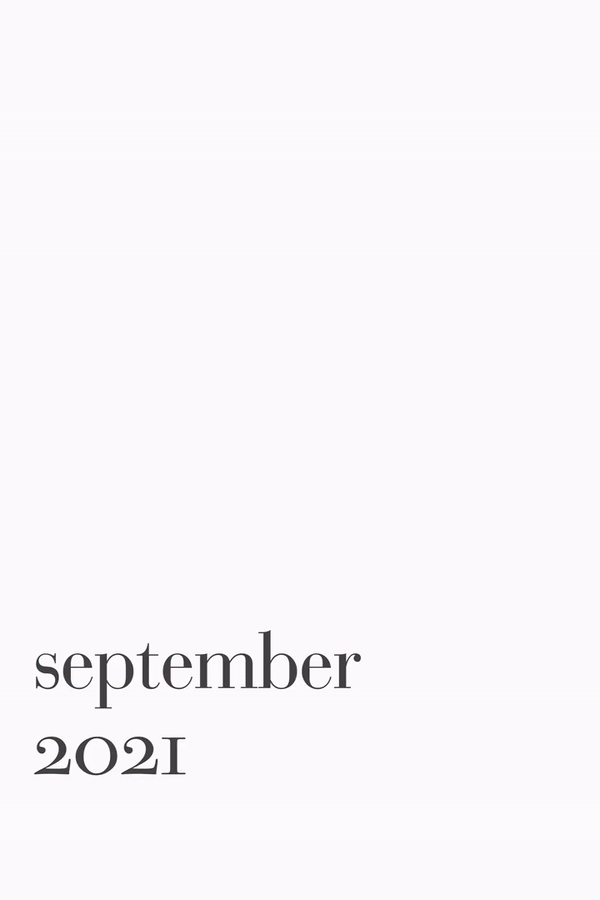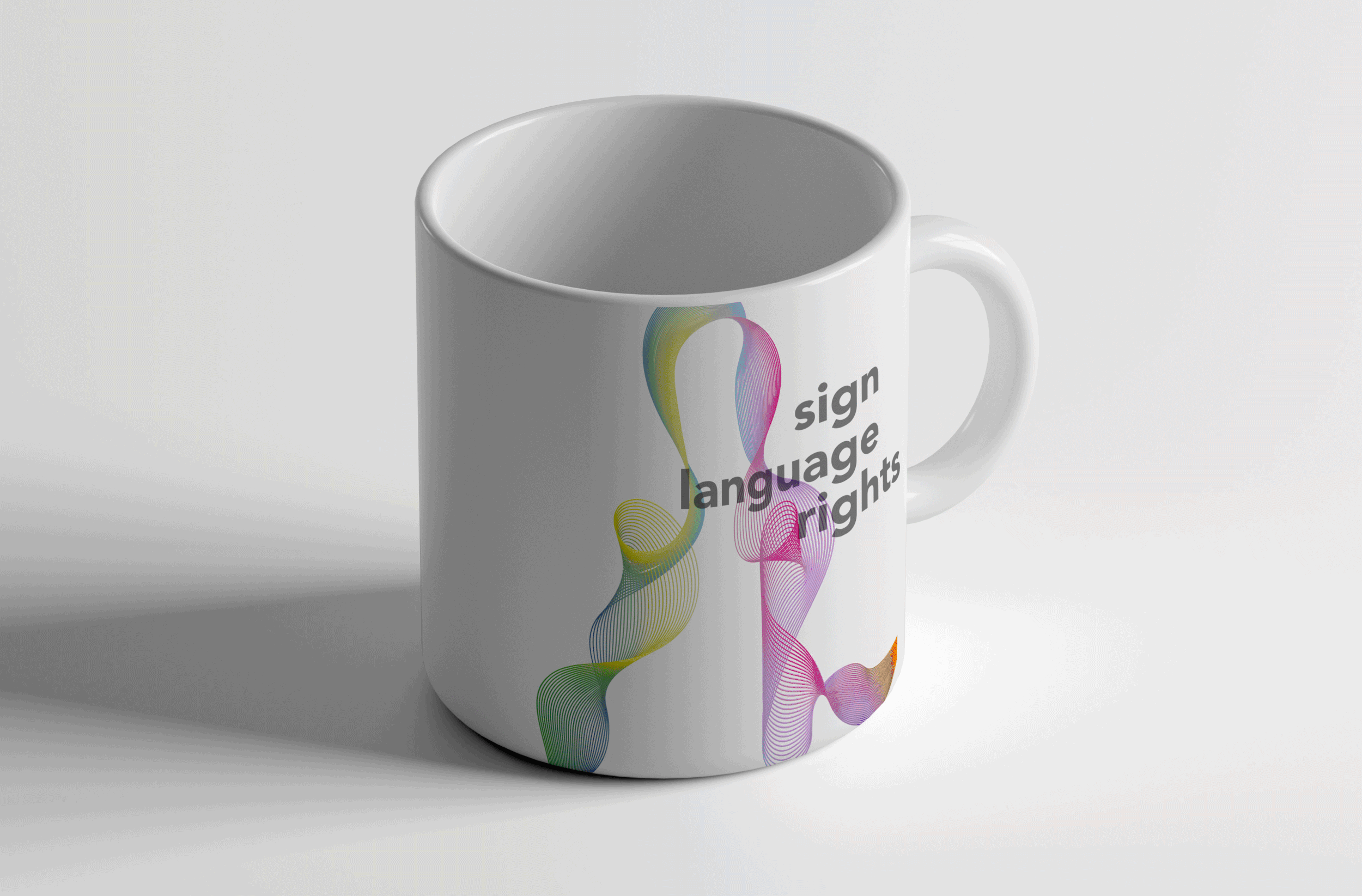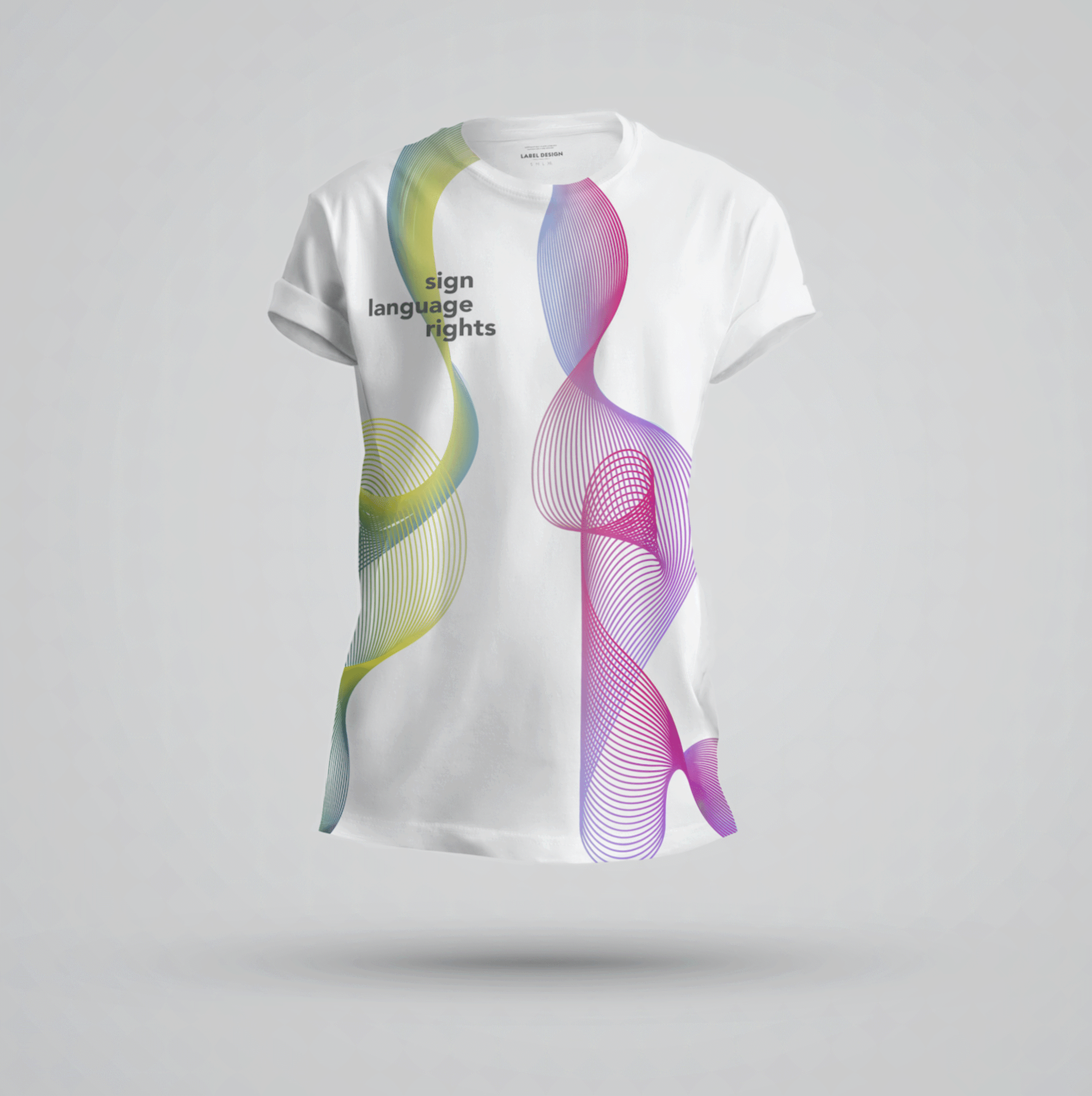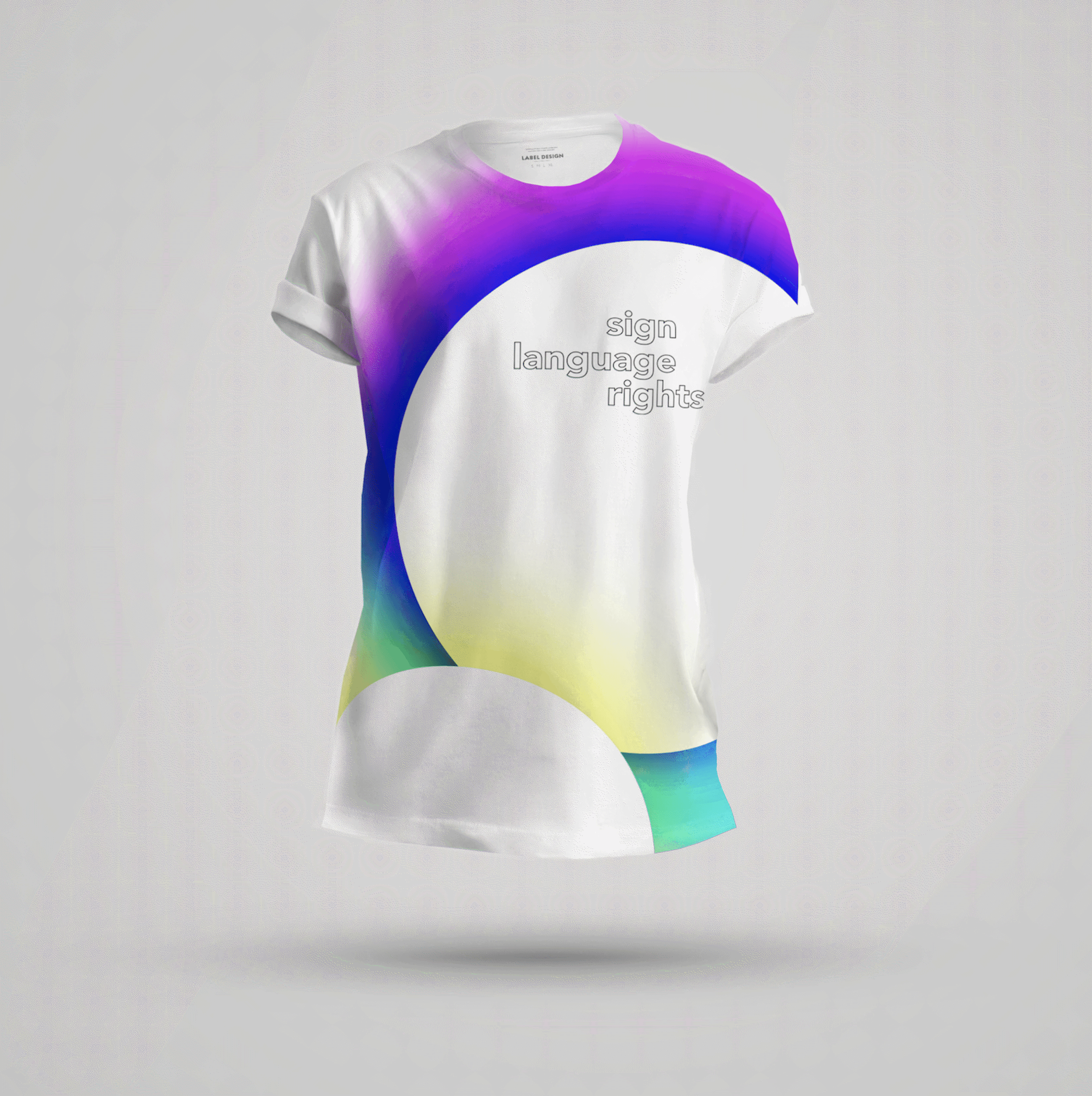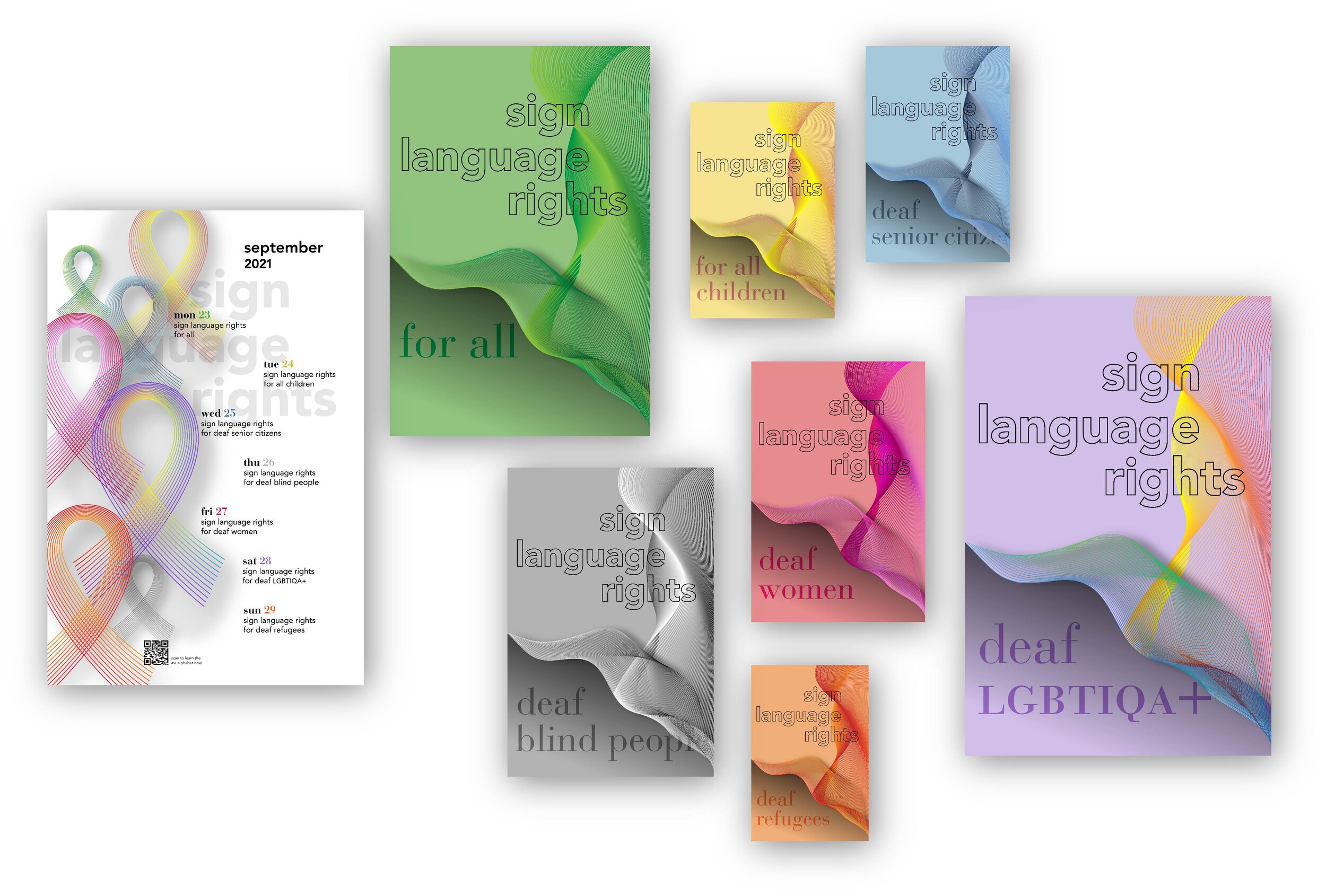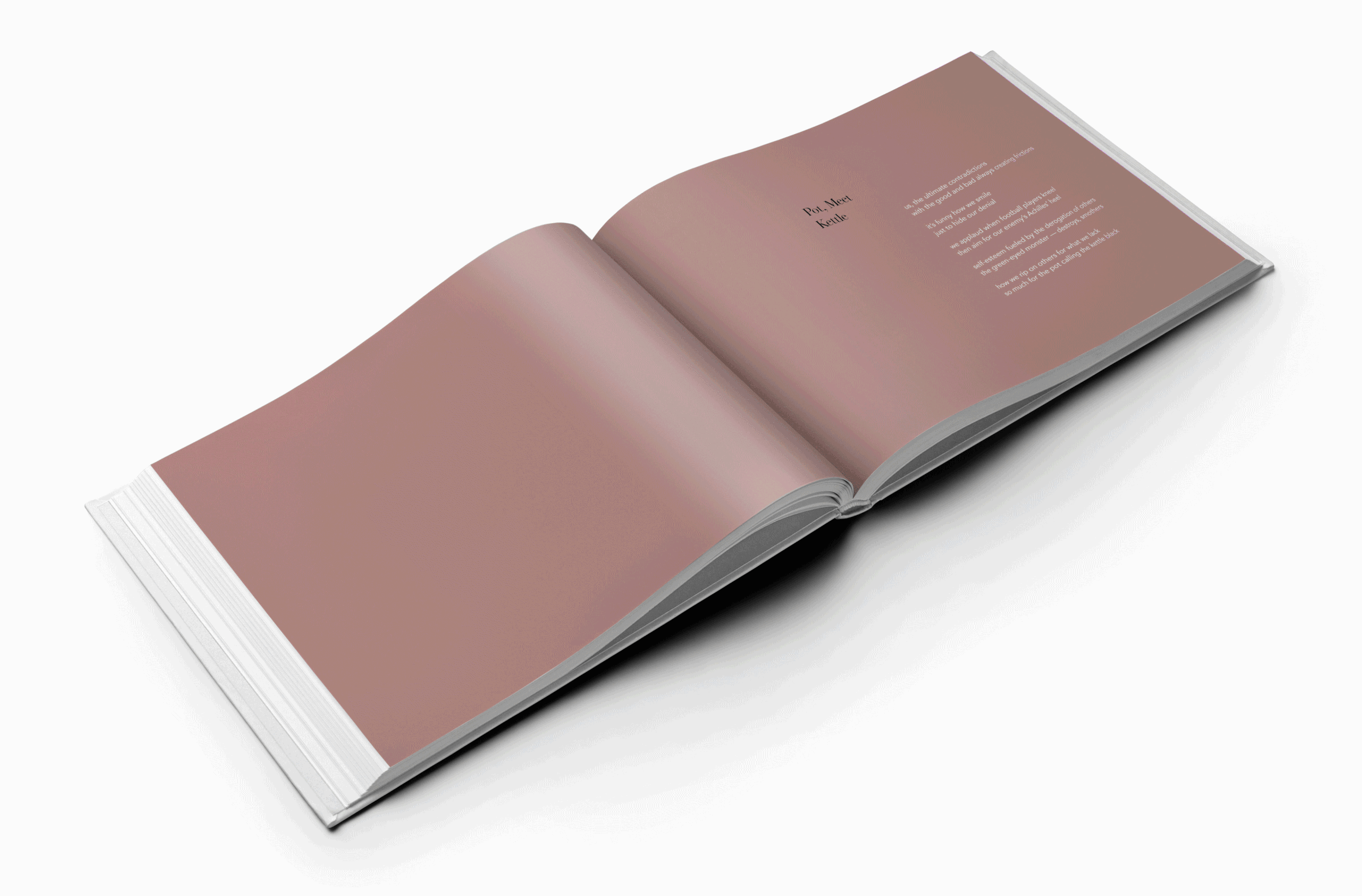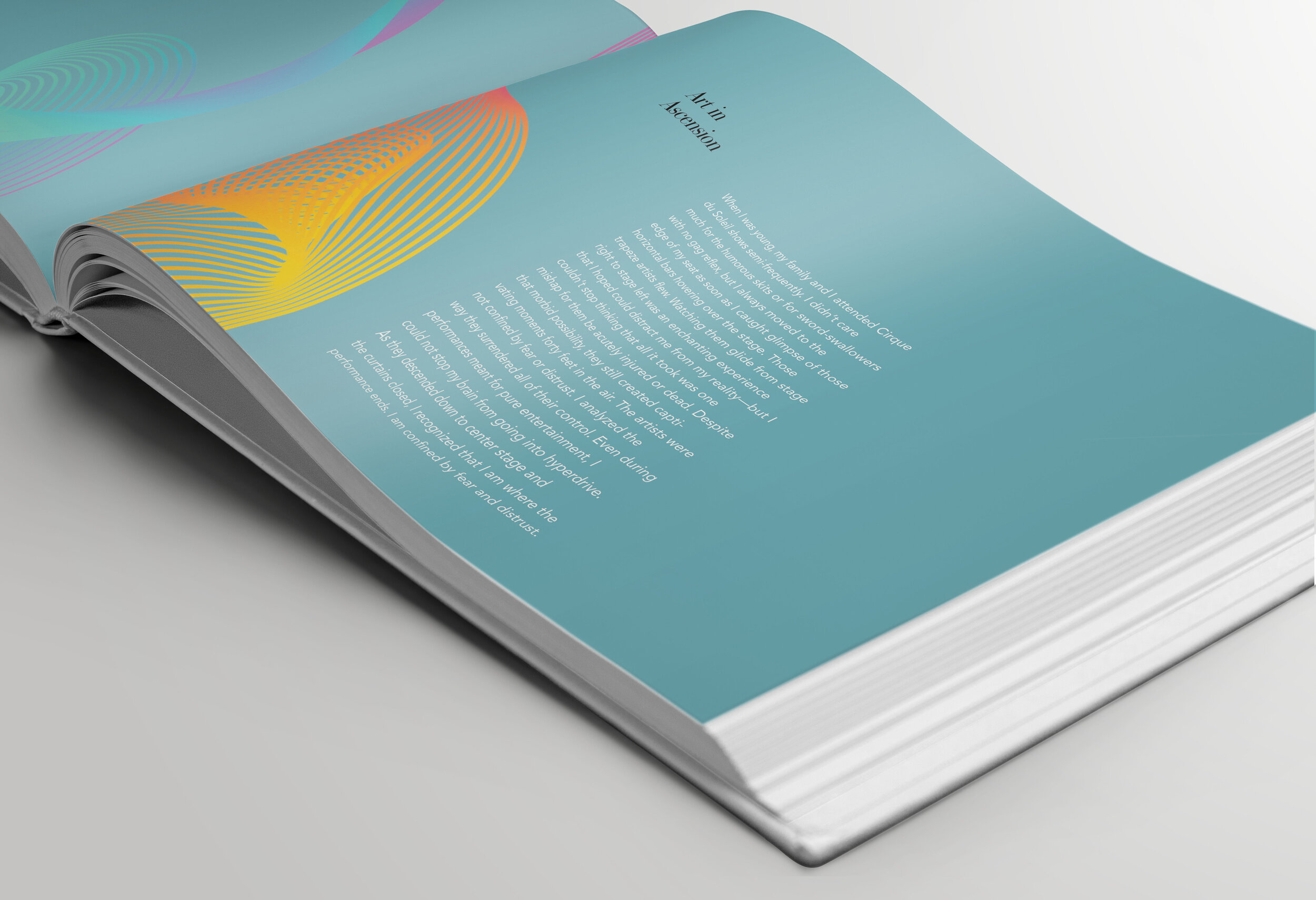Nada Abourashed
Signing On
The Americans with Disabilities Act of 1990 benefited deaf and hard of hearing communities in several significant ways, ushering in the integration of closed-caption programming, the inclusion of sign language interpreters in schools, business forums and public events, and computer-aided transcription services. But the presence and availability of skilled interpreters remains scattershot. At a time of significant turmoil and opinionated vocalizations, marginalized communities, especially deaf and hard of hearing communities have gone unheard because so few people outside of these communities know American Sign Language (ASL). In an effort to generate awareness of deaf culture and heritage among the hearing, to celebrate the beauty and ingenuity of ASL as a language as well as a profession, and to advocate for deaf and hard of hearing communities, the Signing On public service campaign is designed to coincide with National Deaf Awareness Month, which occurs in the United States every September.
Contact:
Left: Stuck Like Glue — confined, feelings of entrapment when we feel un(mis)heard
Right: The Great Escape — freedom to leave the page, perhaps like freedom of expression in language
Contemporary society is fast to respond and slow to listen, more inclined to react than to reflect. And yet communication is reciprocal and takes time. Misunderstandings occur and need to be addressed. Patience must be exercised. How else are we to build a truly pluralistic society in which English and even the spoken word is not the only mother-tongue? I am interested in representing the unheard, the marginalized, and the oppressed and giving them a voice in public. By drawing attention to the entanglements of miscommunication as well as to the opportunities that arise when understanding is fostered among people from different cultures and with different physical challenges (e.g. the deaf), we stand a chance of hearing each other.
Initial research began with my admiration and analysis of typefaces created by Nadine Chahine, Arabic type designer. Her work inspired me to explore forms of language communication in my own voice.


